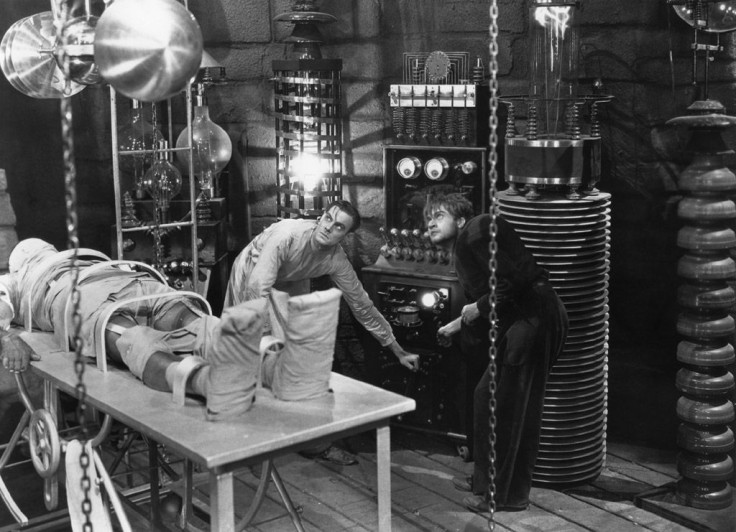Guinea Pigs: 10 Most Inhumane Science Experiments Ever Conducted On Humans

Living in the 21st century means most of us have been privileged to see recent medical advancements that have led to the eradication of deadly diseases. Although heart disease and cancer continue to claim many American lives in the U.S., scientists continue to strive to find a cure to stop other incurable diseases. However, how did we reach such an advanced state of medicine? Alltime10s “10 Worst Experiments Ever Carried Out On Humans” unravels the most inhumane human experiments conducted.
The 20th century saw its fair share of unethical human experimentation in the U.S., with experiments on human test subjects carried out usually illegally, without the knowledge, consent, or informed consent of the people. Some of this illegal government research was conducted on prisoners who suffered the consequences for scientists’ poor moral judgment.
One of the most recent experiments, “Agent Orange,” involved secretly injecting U.S. prisoners with dioxins used in chemical weapons to see how it affected human skin. According to the WHO, dioxins are highly toxic and can cause reproductive and developmental problems, damage the immune system, interfere with hormones, and also cause cancer. This was administered 468 times the agreed dose, which gave victims irreversible acne and painful pustules all over their bodies.
Guatemalan prisoners were also used as guinea pigs for syphilis for two years from 1946 to 1948. They were infected with the sexually transmitted infection to see if it was curable without treatment. As a result, 5,000 patients developed sores, coordination problems, and growths after being infected by prostitutes and injections.
One of the most debated experiments conducted in the 1930s included Dr. Cornelius Rhoads's injection of cancer shots to the Puerto Rican population. Rhoads infected Puerto Rican patients with cancer cells in an attempt to destroy the island. Alltime10 says he killed 13 patients before he was caught, and then later won the 1955 American Cancer Society Award.
The human subjects of these inhumane experiments tend to be society’s most vulnerable, and like Rhoads, these doctors rarely have a valid motive for their crimes.
Human lives were lost, but at what cost? In the name of science?



























